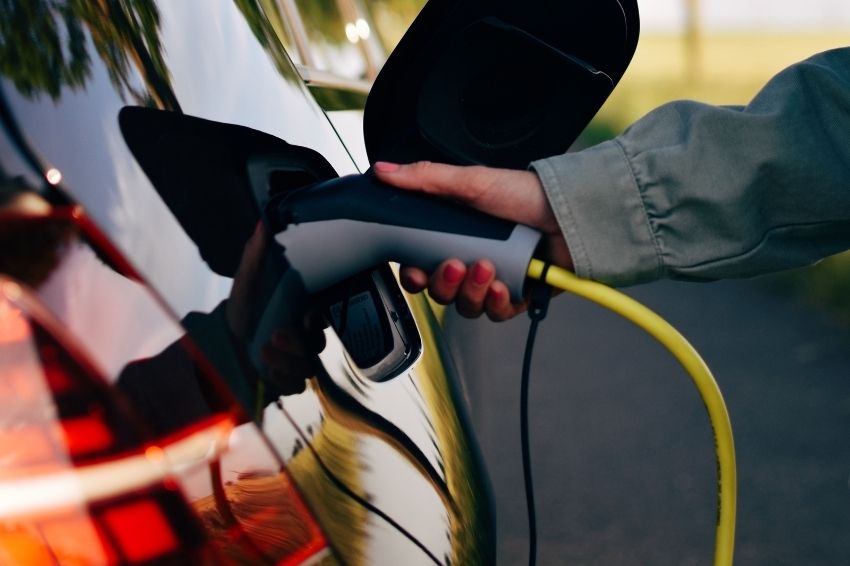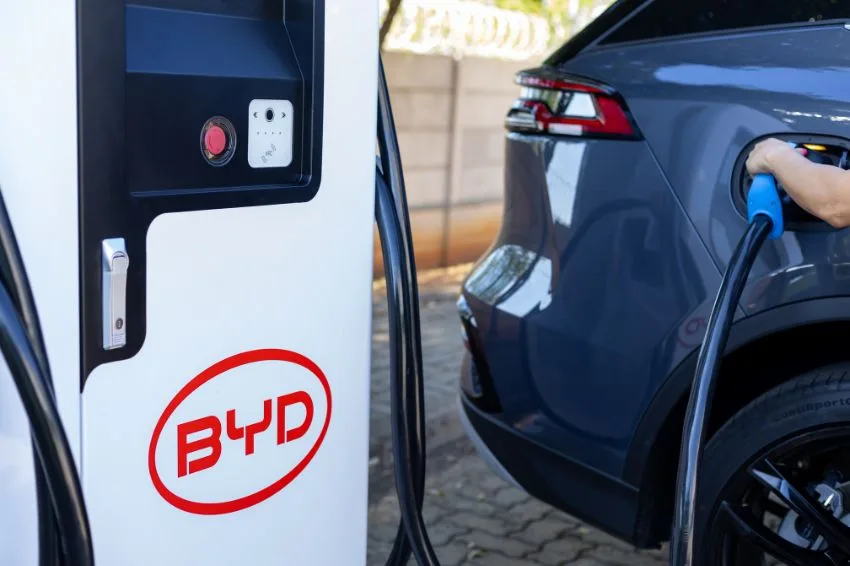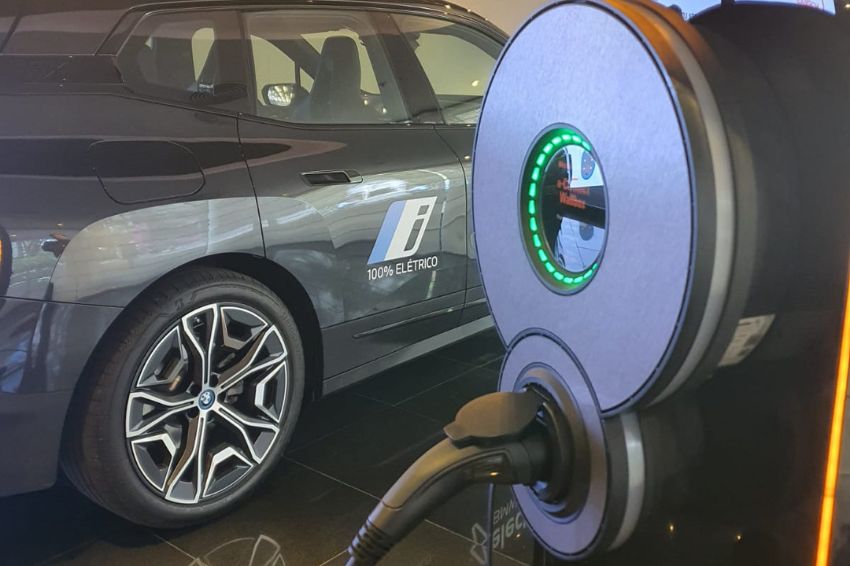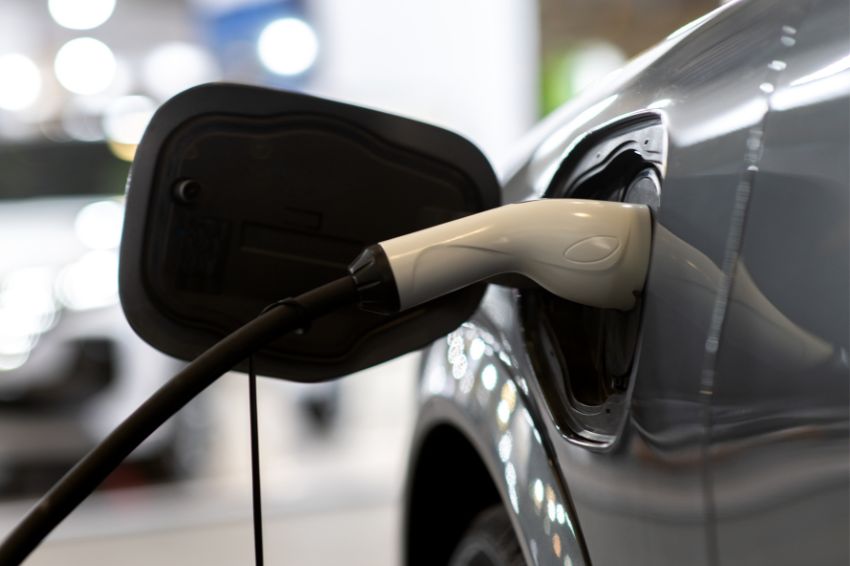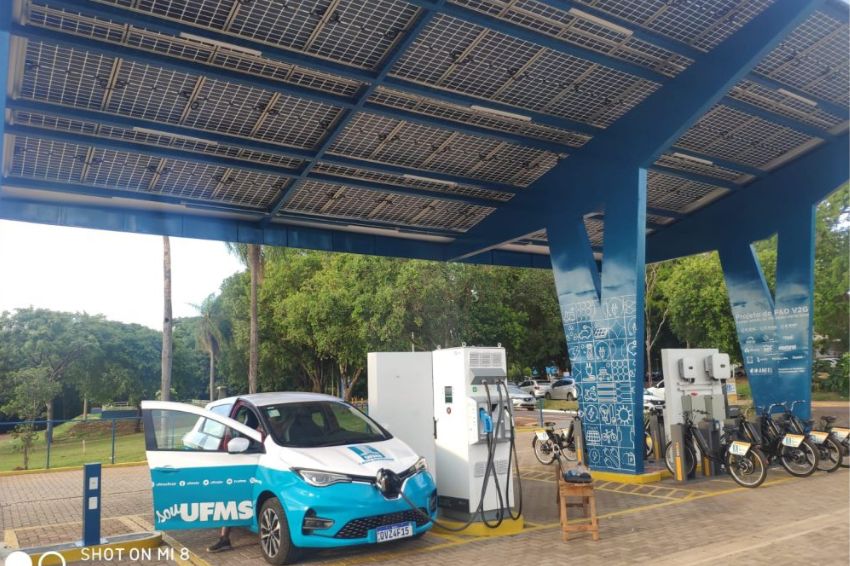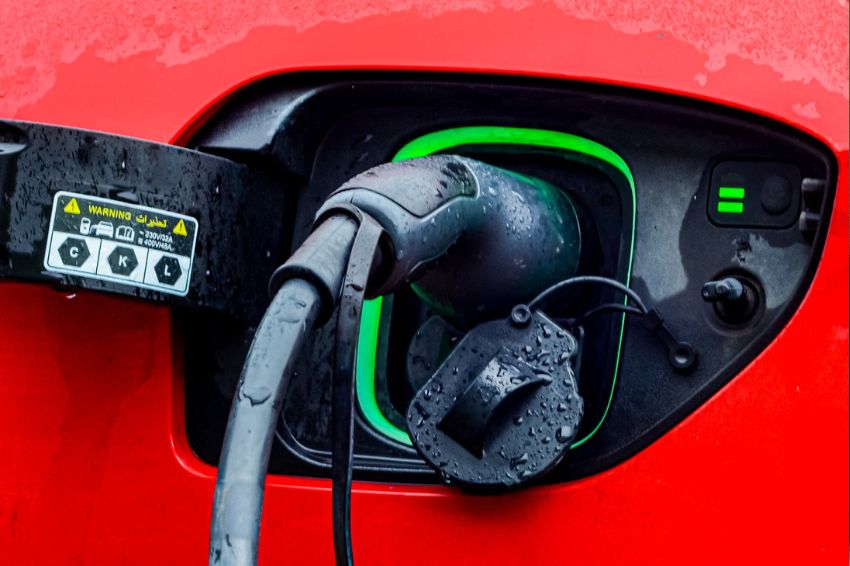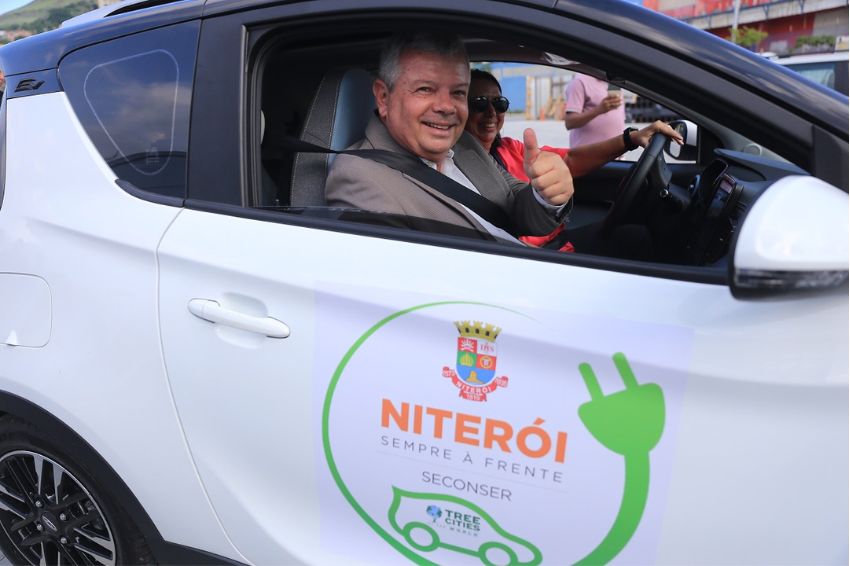With collaboration of Matthew Badra
Even with the effects caused by the water crisis, with the right to significant increases in the value of the electricity bill, electrical energy continues to be a more competitive source in the market than fossil fuels.
This is what a survey carried out by the Solar Channel, based on data from independent bodies linked to the Federal Government, such as the ANP (National Petroleum, Natural Gas and Biofuel Agency) and the IBGE (Brazilian Institute of Geography and Statistics).
The numbers show that the average price per liter of the country's main fuels soared with consecutive readjustments by Petrobras. This year, diesel has already accumulated an increase of 65.3% in refineries. Gasoline rose 73.4% in the same period, according to IBGE's IPCA (Broad National Consumer Price Index).
At the pump, the value of gasoline that reaches the end consumer jumped from R$ 4.51 to R$ 6.71, between the months of January and November this year – an increase of more than 50%, according to the ANP. Diesel jumped, in the same period, from R$ 3.67 to the current R$ 5.34 (an increase of 45%).
In comparison with the electricity bill, the increase was much greater: in the twelve months the cost of using electricity in residential developments increased by 30%, according to the IPCA, even with all the problems related to the creation of a new tariff flag – called 'shortage' hydro' – which is more expensive and will last until the end of April 2022.
Greater efficiency
Another point that plays against fossil fuels is the fact that the price of the product in Brazil is directly linked to the value of a barrel on the international market, which, in addition to accumulating consecutive highs, with no prospect of falling, is still linked to the dollar, a currency more valued than the real.
The initiative to link the price of products such as gasoline to the value of the North American currency occurred during the government of former president Michel Temer, in October 2016. At that time, the international pricing policy was instituted and the dismantling of Petrobrás began, with negative consequences for consumers to this day.
Currently, according to data calculated by Renault, the cost per km driven for a combustion car in the country is R$ 0.49, while the cost of an electric vehicle is R$ 0.12. The average is based on: a combustion vehicle with an efficiency of 12 km/l; losses of 10% in the recharging process (22 kWh battery) and the average price of gasoline in October, in São Paulo (R$ 5.84), one of the lowest in the country.
Economy and sustainability
Furthermore, a study recently released by UCorp, a Brazilian technology and mobility solutions startup, also pointed out that the costs of an electric car can be up to 10 times lower than those of an equivalent combustion model. The analysis compared the maintenance costs, efficiency and even CO2 emissions of electric and combustion cars.
One of the highlights of electric cars is the non-emission of greenhouse gases. As a result, the vehicle's life cycle has fewer pollutant emissions than a combustion model.
According to the study, a gasoline vehicle, for example, emits, on average, 150 grams of carbon dioxide (CO2) per km driven. Not to mention the other polluting gases emitted during use. After 20,000 km driven, a combustion car produces up to 3 tons of CO2, while an electric car emits just 70 kg.
Tank value x recharge
The analysis carried out by UCorp also shows that a conventional car has an average of 2,400 parts. In the case of an electric car, this number drops to around 250, a difference that is reflected in maintenance costs.
Another advantage of electric cars is the charging costs. According to the analysis, when filling the tank of a combustion vehicle, the average cost is R$ 275.00. In the case of an electric car, a full charge costs just R$ 22.44 – a value that becomes even more relevant in times when fuel prices exceed R$ 7 per liter.
End of fossil fuels?
The 26th United Nations Conference on Climate Change, COP26, ended on November 13th this year, with the conclusion of the final text that was approved by almost 200 member countries. The document foresees, among other issues, the reduction of emissions from coal and polluting gases, such as fossil fuels.
The richest member countries also re-committed US$ 100 billion per year until 2025 to finance measures to prevent the increase in the global average temperature, investing in clean energy technologies that do not harm the environment.


